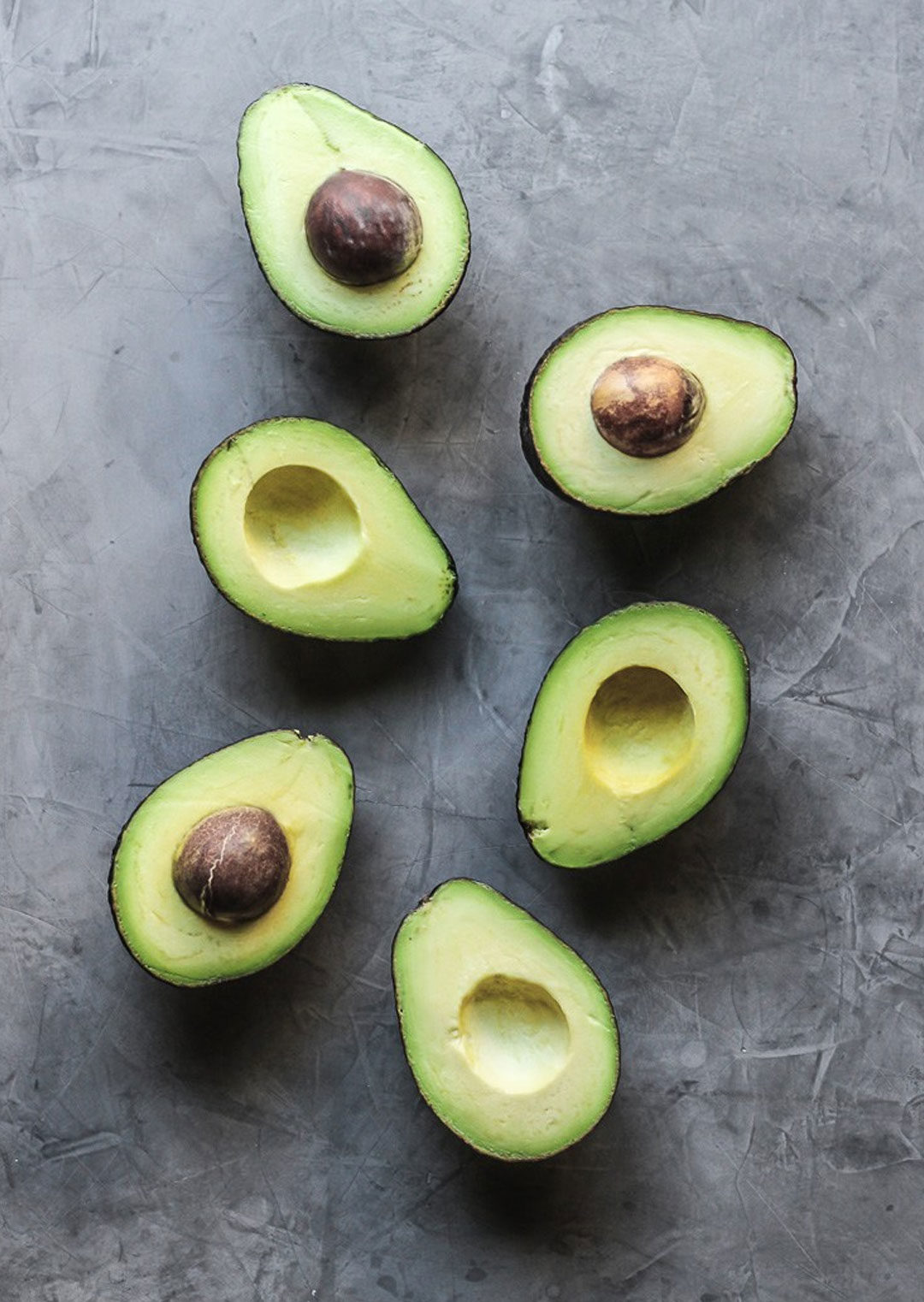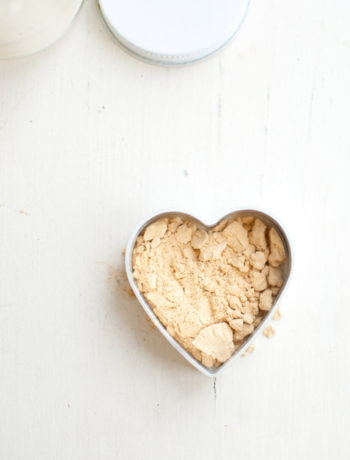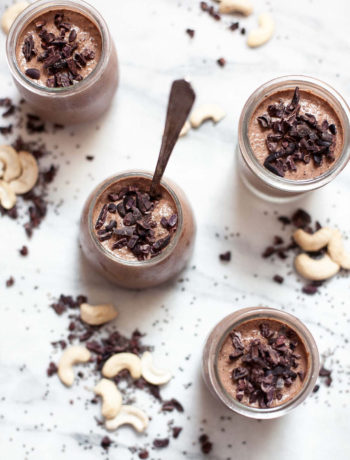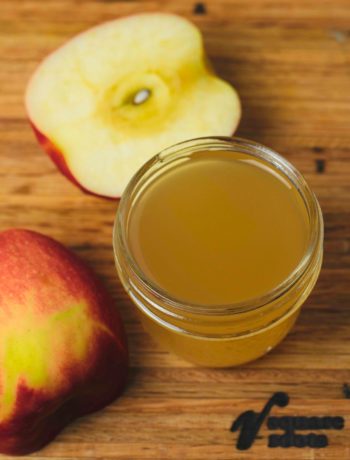In order to flourish, you must nourish
If you want to thrive in your body, you need to fuel your body with the right stuff, and the types of fat you consume is critical. Fats provide energy for your body and are necessary for the growth and development of your brain, hormone production, blood clotting, skin maintenance and transporting/absorption of fat-soluble vitamins.
It can be quite confusing what fats are actually good for you, so let’s make our way out of the woods and understand what the heck it all means, what fats help you live lean and light, fight illness and which ones contribute to adverse affects and weight gain.
The skinny on fats
- “Good” unsaturated fats — Monounsaturated and polyunsaturated fats — lower disease risk. Foods high in good fats include olive oil, nuts, seeds and fish.
- “Bad” fats — trans fats — increase disease risk, even when eaten in small quantities. Foods containing trans fats are primarily in processed foods made with trans fat from partially hydrogenated oil.
- Saturated fats, while not as harmful as trans fats, by comparison with unsaturated fats negatively impact health. Foods containing large amounts of saturated fat include red meat, milk, eggs, butter, cheese, deli meat, bacon, sausage and ice cream.
Fat for athletes
Runners, skiiers, cyclists and other athletes can often obsess over carbohydrates and protein and sometimes forget that fat is also important. Fats provide the body with energy too. During short-duration or low-intensity exercise carbohydrates are the body’s primary fuel, but for longer or more intense exercise fats are the main energy source. Healthy fats also support cardiovascular strength, hormone balance, build lean muscle and combat inflammation—Winning!
Healthiest sources of fat:
Seeds
Seeds such as pumpkin, sunflower, flax, hemp, chia, sesame and poppy are an absolutely delicious complement to all sorts of stuff like salads, breakfast bowls, smoothies, rice & quinoa, zesty energy balls, gluten-free nut breads, trail mix, roasted veggies, soups and stews.
Nuts
Nuts are are full of amazing nutrients, healthy fats and protein. Nuts are one of the best sources of omega-3’s which offer numerous health benefits from lowering cholesterol to disease prevention. Nuts such as almonds, walnuts, macadamia, brazil and pistachios are fantastic when added to buddha bowls, salads, smoothies, rice & quinoa, trail mix, vegan or gluten-free nut breads or when made into gluten-free pie crust, nut-butters, nut milk or energy bars.
Avocados
Avocados are super fruits with epic proportions of nutrients. About 80% of an avocado’s calories are from fat. The monounsaturated fat in Avocados can help boost brain function and memory and fight inflammation. Avocados contain glutathione, a potent antioxidant that helps cleanse and protect your body by detoxifying, removing heavy metals and fighting free radicals. The healthy fat and fiber in avocados can also help curb hunger. Studies have shown that meals including avocado tend to increase feelings of satiety for longer. *Try avocados on your salad, made into simple guacamole and scooped on top of buddha bowls, quinoa & rice, veggies, roasted yams, etc.
Poor choices of fat:
Trans fats increase your small dense LDL particles (bad cholesterol) and reduce your large dense HDL particles (good cholesterol.) Sometimes you’ll see trans fats listed as “partially hydrogenated vegetable oil” which are damaged fats that have been altered by heat, light, or air and often become rancid.
Margarine
Cutting down on animal fats is recommended, however that doesn’t mean switching from butter to margarine! Margarine is made from highly refined vegetable oils. The process of making margarine involves partial hydrogenation that disrupts the geometric structure of the fatty acids. These disruptions cause trans fats which contribute to heart disease, cancer, bone problems, hormonal imbalance and skin disease. *Try replacing butter and margarine with little coconut oil.
Roasted & Salted Nuts
Salted peanuts and other nuts are high in sodium and oil. Too much sodium in your diet can increase your blood pressure and risk for heart disease. Heat-treated nuts show an increase of trans fats, a type of fat that the American Heart Association recommends to be eliminated from your diet due to its adverse health effects. Instead choose raw nuts—when you choose raw vs roasted, you’re getting the nutrients in a more pure form and you benefit from increased freshness and quality at the grocery store.
Cheese
The average American eats over 33lbs of cheese each year. Packed with calories, loaded with saturated (bad) fat and addicting casomorphins, it’s a habit that’s intimately linked to obesity and a list of chronic illnesses, including heart disease and type-2 diabetes. If you’ve been looking to lose weight, tackle cholesterol, skin problems, headaches, joint pains or respiratory troubles, start by cutting down or cutting out cheese.
In the book The Cheese Trap by Neil Barnard, he discusses some fascinating research into casein, the protein that is concentrated in cheese. If you were to look at a protein molecule with a powerful microscope, it would look like a long string of beads. Each “bead” is a protein building block called an amino acid, and, during digestion, the individual amino acids come apart and are absorbed into your bloodstream so that your body can use them to build proteins of its own.
The calf digests the proteins in milk, breaking apart the chain of beads and using these amino acids to build skin cells, muscle cells, organs, and the other parts of the body. However, casein is an unusual protein. While it does break apart to release individual beads, it also releases longer fragments—chains that might be four, five, or seven amino acid beads in length. These casein fragments are called casomorphins—that is, casein-derived morphine-like compounds. And they can attach to the same brain receptors that heroin and other narcotics attach to.
Dairy and animal protein
Reduce saturated fats and cholesterol by limiting dairy and animal protein. Dr. Kim A. Williams, the president-elect of the American College of Cardiology has some very interesting things to say about switching to a plant-based diet. He discusses lowering his LDL cholesterol level of 170 to 90 after eliminating meat and dairy. There’s a lot of in depth information if you’re interested in learning more…
Cooking with Oils
Keep olive oil away from the frying pan
Olive oil, especially extra-virgin olive oil is a good monounsaturated fat that is also well-known for its health benefits. It’s a staple in healthful diets such as Mediterranean-style diets. However, it’s important to realize it is NOT good for cooking. Olive oil has a low smoking point, making it unsuitable for cooking. Olive oil contains both Omega 3 and Omega 6 Fatty Acids, both of which are sensitive to heat and are destroyed when olive oil is heated. It should really only be used cold, typically drizzled on salads and other food. *Choose Coconut Oil or Grapeseed Oil for cooking.
Coconut Oil
Almost all of the fat in coconut oil is saturated. This may appear to not be the healthiest choice, however research has shown that the saturated fats found in coconut oil, medium-chain triglycerides (MCTs) are metabolized differently from other saturated fatty acids because of their different structure. Coconut oil is composted of lauric acid, which is (comparatively) quickly and easily metabolized as a very good energy source—this means you are likely to burn it for fuel rather than store it as fat, provided you are sufficiently active!
Coconut oil is also fantastic for cooking due to it’s high smoke point, but just remember, it’s still a saturated fat and does lack any of those Omega-3’s we’re trying to get. *Coconut oil is not some kind of miracle cure elixer or a green light to go overboard. Use it sparingly.
The bottom line
Focus on plant foods sources of fats such as nuts, seeds and avocados. Always consume everything in moderation. If you’re eating meat, choose fish for its anti-inflammatory qualities and choose to limit your consumption of animal products overall. Eliminate processed foods!





2 Comments
Bryn Endacott
November 9, 2019 at 8:39 pmWondering what values you would assign for the smoke points of coconut oil, I would assume unrefined, and extra virgin olive oil. Numbers Ive seen put them about the same at around 350F.
Rachelle Hynes
November 11, 2019 at 7:54 amCoconut 232 °C
Extra virgin olive oil 190 °C